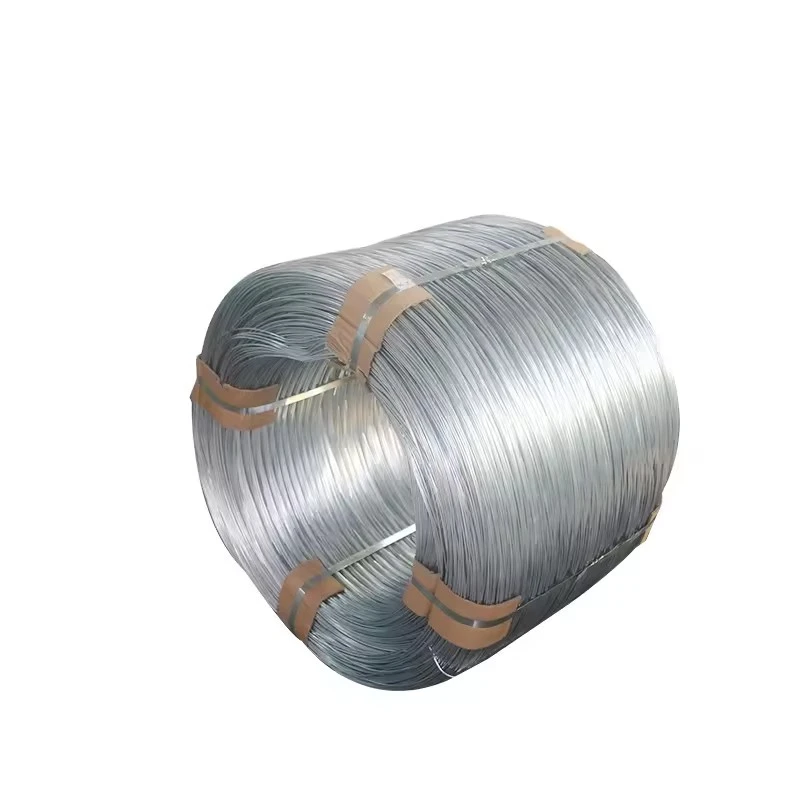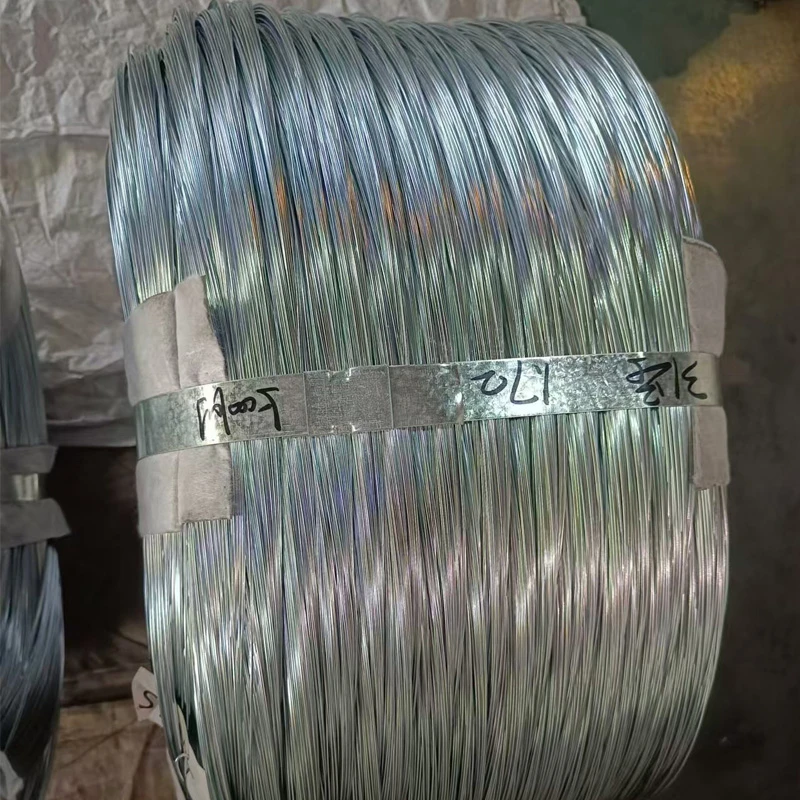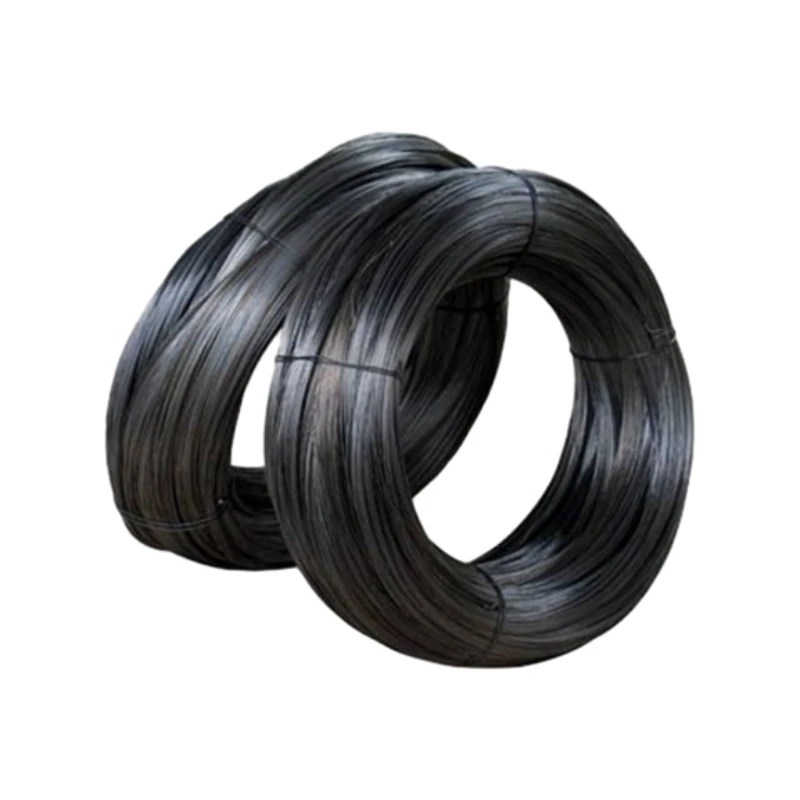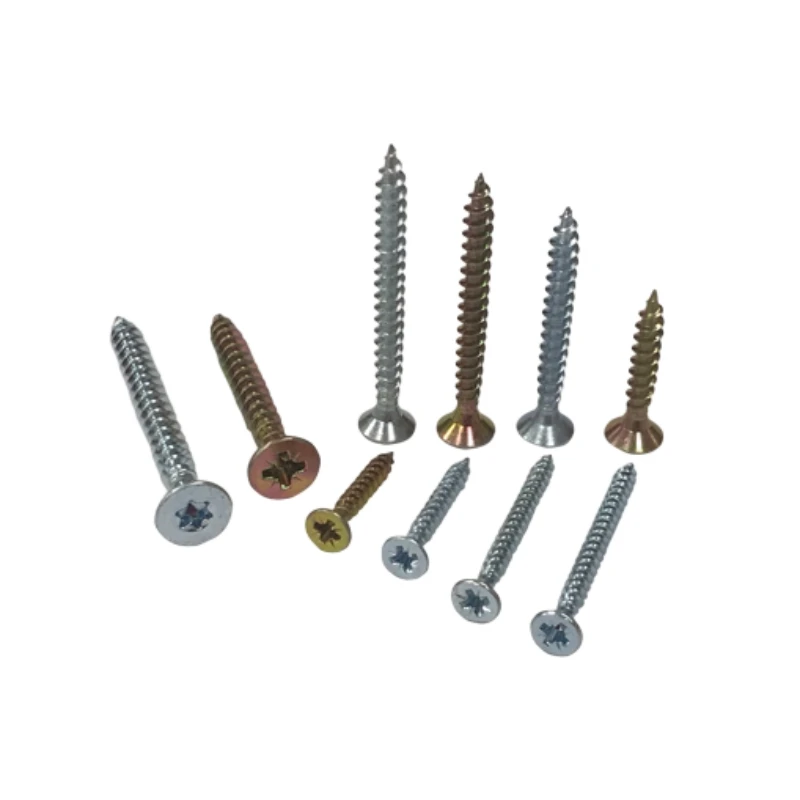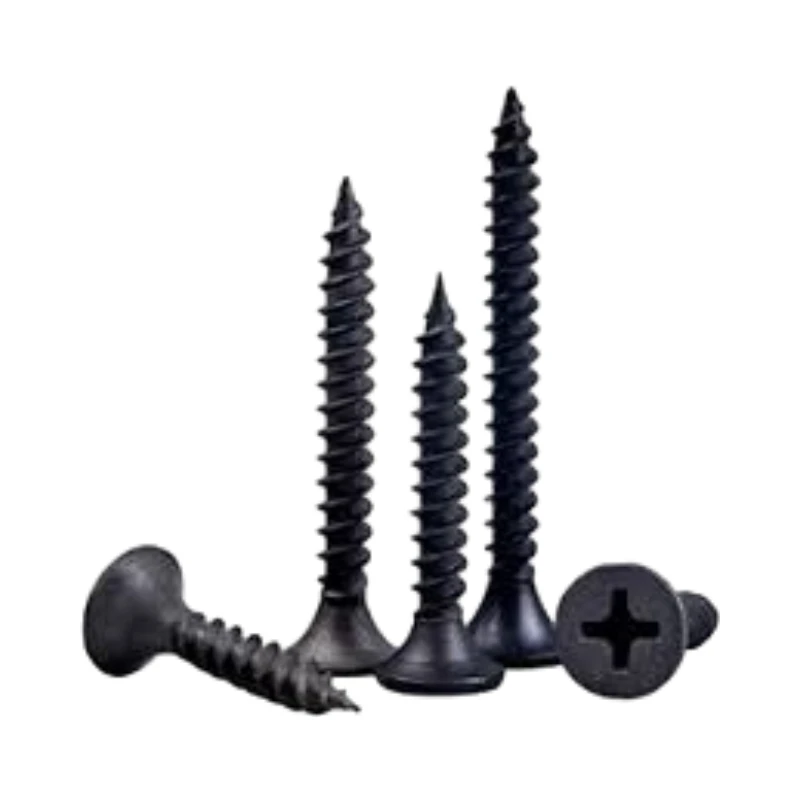
Talk With Us
+86-13601661296
Email Address
admin@sxjbradnail.com1 1 4 Coil Nails - High Strength & Corrosion Resistant Roofing Nails for Superior Holding Power
- Introduction to 1 1 4 coil nails
: Functionality and industry importance - Technical Advantages: Why 1 1 4 ring shank coil roofing nails matter
- Data-Driven Analysis: Performance metrics and market trends
- Manufacturers’ Comparison: Quality, yield, and pricing
- Custom Solutions: Tailoring coil nails to specific project demands
- Case Studies: Application of 1 1 2 inch and 1 1 4 inch coil roofing nails
- Conclusion: How 1 1 4 coil nails elevate construction reliability
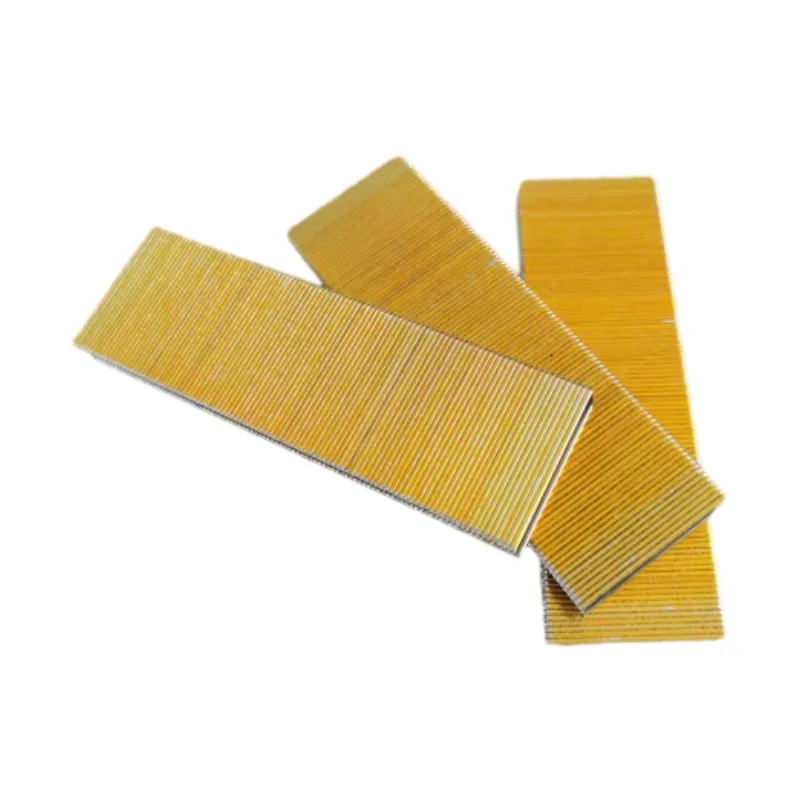
(1 1 4 coil nails)
Introduction: 1 1 4 coil nails and their Role in Modern Roofing
Roofing and framing industries rely heavily on quality fasteners for safe and lasting structures. Among the array of choices, 1 1 4 coil nails have emerged as a preferred standard for contractors prioritizing both performance and productivity. Designed for use with pneumatic coil nailers, these nails ensure rapid installation, consistent driving, and exceptional holding power. By leveraging optimized shank designs, they reduce roof leaks and shingle blow-offs by up to 30% when compared to traditional bulk nails, according to industry field tests.
The market has recognized the rising demand for advanced coil nails, specifically those tailored for roof sheathing and shingle installations. Attributes like resistance to withdrawal, compatibility with roofing machinery, and superior corrosion protection set 1 1 4 coil nails apart from generic fasteners. These features contribute significantly to the longevity and safety of residential and commercial roofs.
Technical Advantages of 1 1 4 Ring Shank Coil Roofing Nails
A defining feature of the 1 1 4 ring shank coil roofing nails is their enhanced holding strength. The distinct ridging along the shank significantly increases withdrawal resistance: laboratory tests reveal that ring shank nails deliver approximately 75% greater holding power versus their smooth shank counterparts. This reduces the risk of nail back-out over time, even under intense wind uplift or seasonal contraction and expansion of building materials.
These nails often feature an electro-galvanized or hot-dipped coating to withstand the corrosive environment encountered on rooftops. Arrayed in sturdy wires for seamless feeding through automatic nail guns, 1 1 4 ring shank coil roofing nails optimize workflow by minimizing jamming and misfires. In cold climates or areas with high humidity, this resilience directly prevents costly callbacks for roof maintenance.
Data-Driven Analysis: Performance Metrics and Market Trends
The adoption of coil roofing nails is reflected in both production numbers and job site statistics. According to recent industry surveys of North American residential roofing crews, over 60% now prefer 1 1 4 inch coil roofing nails for asphalt shingle installation, citing reduced labor hours and improved roof lifespan.
Below is a data comparison table analyzing performance between common nail types (per ASTM D6381 guidelines):
| Nail Type | Length (inches) | Shank Type | Coating | Withdrawal Resistance (lbs) | Avg. Install Time (per 1000) | Corrosion Resistance (hrs in salt spray) |
|---|---|---|---|---|---|---|
| 1 1 4 Coil Nail | 1.25 | Smooth | Electro-Galvanized | 45 | 36 min | 220 |
| 1 1 4 Ring Shank Coil Nail | 1.25 | Ring | Hot-Dipped Galvanized | 76 | 32 min | 390 |
| 1 1 2 Inch Coil Roofing Nail | 1.5 | Smooth | Electro-Galvanized | 52 | 37 min | 210 |
Clearly, the 1 1 4 ring shank coil roofing nails outperform in structural grip and longevity. With rapid engagement and fewer jams in pneumatic tools, crews can complete jobs more efficiently. This shift toward coil and ring shank technology is projected to continue, as regional building codes increasingly recommend their usage for code compliance in wind-prone zones.
Manufacturers’ Comparison: Quality, Yield, and Pricing
With the proliferation of global suppliers, roofing professionals now have access to a broad assortment of manufacturers offering 1 1 4 coil nails. Product consistency, adherence to ASTM or EN standards, packing precision, and aftersales support vary notably among brands.
| Manufacturer | Shank Options | Coating Type | Quality Certifications | Avg. Price (per 7200 nails) | Defect Rate (%) | Warranty |
|---|---|---|---|---|---|---|
| NailTech | Smooth, Ring | Hot-Dip Galvanized | ASTM F1667 | $27 | 0.05 | 2 Years |
| RooferPro | Smooth, Ring | Electro-Galvanized | EN 14592 | $23 | 0.18 | 1 Year |
| BuildSure | Ring | Hot-Dip Galvanized | ASTM D6381 | $25 | 0.07 | 3 Years |
| General Fasteners | Smooth | Electro-Galvanized | EN 14566 | $20 | 0.23 | 6 Months |
While NailTech and BuildSure offer slightly higher pricing, they consistently report the lowest defect rates and superior warranty coverage, which can reduce project downtime and warranty claims for commercial builders. Frequency of stock availability, pack durability, and uniformity also play significant roles in contractor satisfaction.
Custom Solutions for Project-Specific Demands
Not all construction or roofing projects are alike, and the rapid rise of specialized coatings and custom fastener programs enables project managers to select coil nails most suitable for unique jobsite challenges. For example, in coastal regions where saline air expedites corrosion, manufacturers now engineer coil nails with epoxy or ceramic-coated finishes. Clients can customize the nail diameter, shank profile, or collation angle in accordance with site conditions and equipment compatibility.
Moreover, bulk orders allow contractors to specify branding markers on the nail heads, essential for projects with strict sourcing and compliance requirements. Some suppliers integrate QR code tracking for batch traceability and digital warranty registration—important for municipal contracts and large-volume developers. A significant number of companies deploy on-site field tests to match the performance of 1 1 2 inch coil roofing nails versus 1 1 4 inch coil roofing nails, ensuring builders maintain code compliance without sacrificing cost efficiency.
These tailored offerings improve workflow and final product durability, especially as stricter international standards and insurance certifications become prerequisites in public and private builds.
Application Case Studies: 1 1 2 Inch vs 1 1 4 Inch Coil Roofing Nails
Case studies from leading construction firms underline the tangible benefits of selecting the correct nail length and profile for each application. In a large-scale housing development in Texas subjected to frequent hailstorms, using 1 1 4 inch coil roofing nails with ring shank profiles minimized shingle blow-off and led to a 28% reduction in warranty service calls over two years. The fastener's enhanced withdrawal resistance paired with anti-corrosion coating prevented premature roof failures.
In a coastal New Jersey commercial project, initial usage of 1 1 2 inch coil roofing nails provided increased penetration depth for complex multilayer roofs. However, a subsequent trial with hot-dipped galvanized 1 1 4 coil nails showed equivalent uplift resistance but with easier gun loading and fewer jams, reducing total labor hours by approximately 9.6%.
A national retail chain reported seamless integration of these coil nails in retrofitting old structures, with roofing crews noting up to 12% faster job completion times and consistent fastener delivery in their pneumatic tools. This improved not only productivity but also helped the company meet its tight shutdown-to-reopen schedules.
Conclusion: Elevating Construction Reliability with 1 1 4 Coil Nails
Selecting the optimal nail for each build is far more than a matter of minor hardware choice; it directly impacts project value, longevity, and overall client satisfaction. The documented strengths—superior withdrawal resistance, corrosion resilience, and technical compatibility—make 1 1 4 coil nails a leading solution for professionals seeking low-maintenance, high-durability fastening on modern roofing and sheathing jobs.
As building codes become increasingly rigorous and the economics of fast, reliable installation shape project profitability, best-in-class coil nails like the 1 1 4 ring shank coil roofing nails should remain a staple for those aiming to future-proof their construction investments and guarantee safety under challenging environmental conditions.
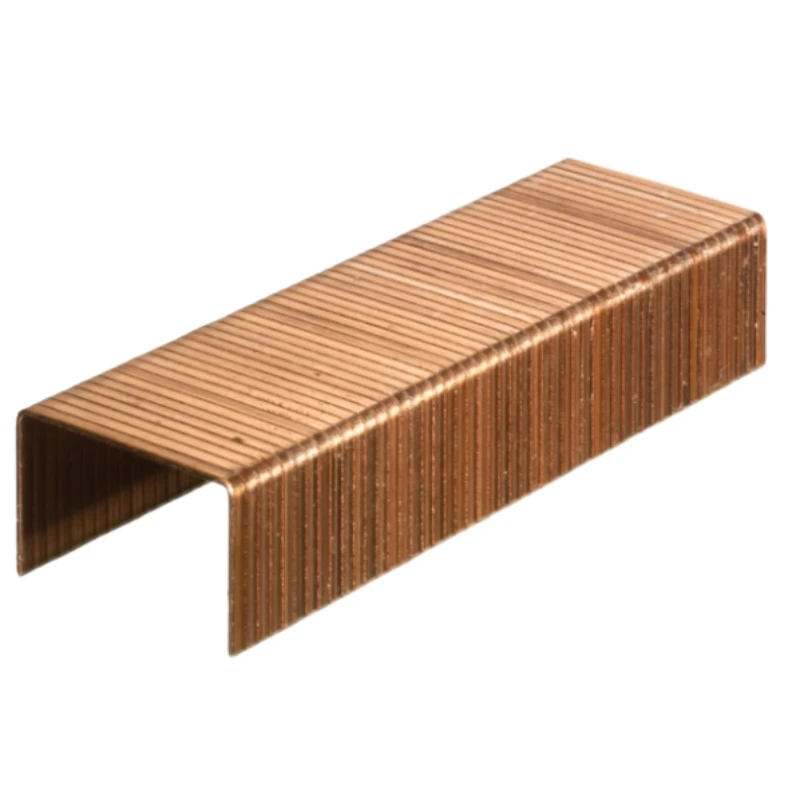
(1 1 4 coil nails)
FAQS on 1 1 4 coil nails
Q: What are 1 1 4 coil nails commonly used for?
A: 1 1 4 coil nails are mostly used for roofing, sheathing, and siding applications. Their coiled design allows for efficient use with pneumatic nailers. They offer strong holding power for various construction projects.Q: How do 1 1 4 ring shank coil roofing nails differ from smooth shank nails?
A: 1 1 4 ring shank coil roofing nails have ridges along the shank, providing superior holding power compared to smooth shank nails. They're less likely to loosen due to expansion and contraction. This makes them ideal for roofing and exterior installations.Q: Are 1 1 2 inch coil roofing nails suitable for asphalt shingles?
A: Yes, 1 1 2 inch coil roofing nails are suitable and often recommended for asphalt shingles due to their length. They provide strong anchorage for roofing material. Always check building codes for specific requirements.Q: When should I use 1 1 4 inch coil roofing nails instead of other sizes?
A: 1 1 4 inch coil roofing nails are ideal for thinner roofing materials and lighter projects. Use them when a shorter nail is required to avoid protruding through the material. They are a good choice for wood shingles and some underlayments.Q: Can I use 1 1 4 coil nails in all types of coil nailers?
A: Most standard coil nailers support 1 1 4 coil nails, but always check your tool's specifications first. Using the wrong size can lead to jamming or improper fastening. Refer to your nailer’s manual before purchase.-
20 Gauge 3/16 Crown Staples: Premium Fasteners for UpholsteryNewsAug.27,2025
-
90 Series Staples: Premium 18ga Narrow Crown FastenersNewsAug.26,2025
-
Precision 90 Series Staples - 18GA Narrow Crown, 10-38mmNewsAug.21,2025
-
Secure & Strong Fine Thread Drywall Screws for DrywallNewsAug.19,2025
-
21 Gauge 1/2 Inch Crown 84 Series Fine Wire Staple-Baoding Yongweichangsheng Metal Produce Co., Ltd.|Precision Engineering&Corrosion ResistanceNewsAug.18,2025
-
21 Gauge 1/2 Inch Crown 84 Series Fine Wire Staple - Baoding Yongweichangsheng Metal Produce Co., Ltd.NewsAug.18,2025

